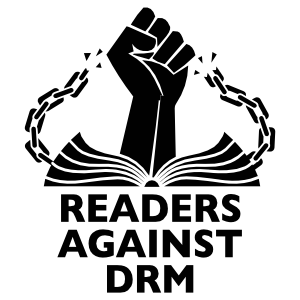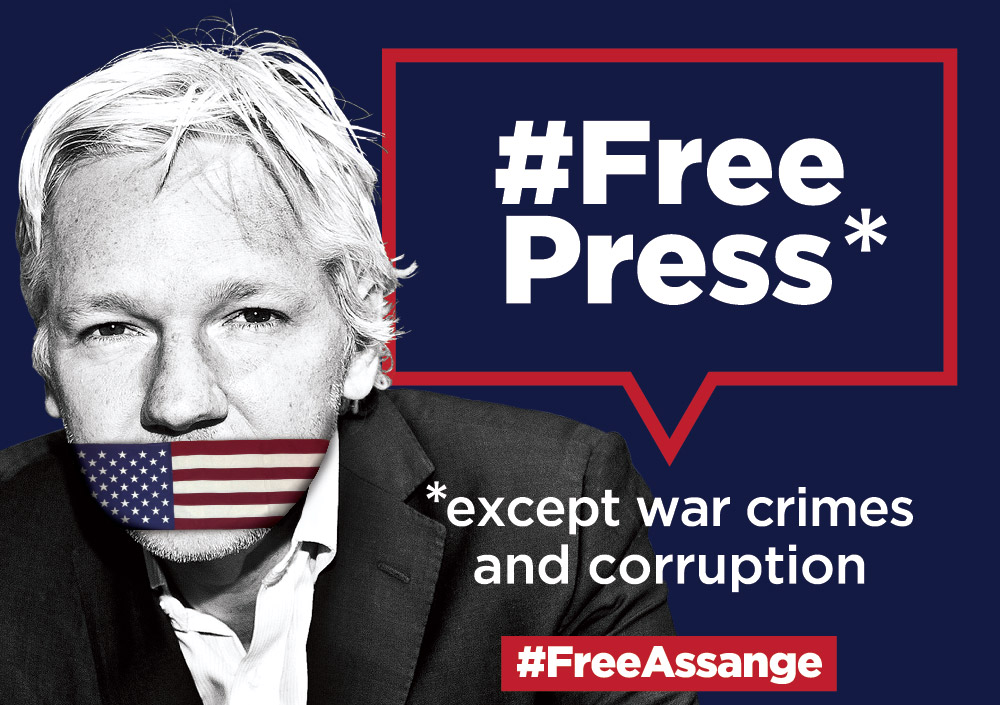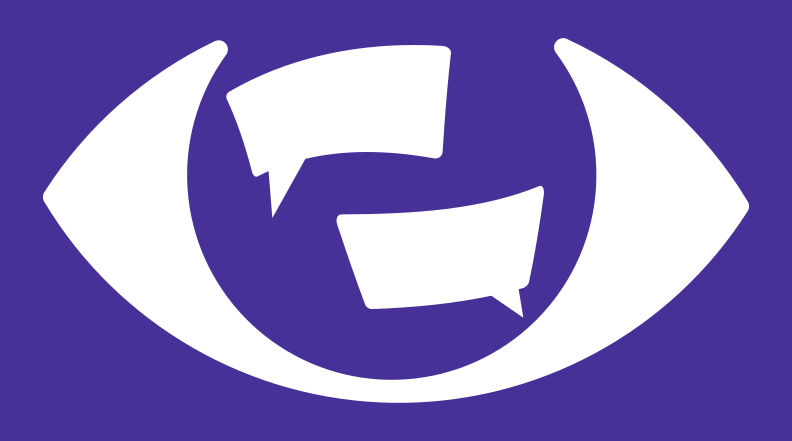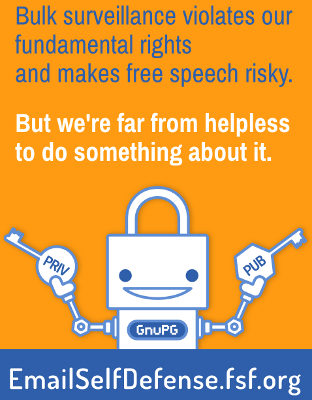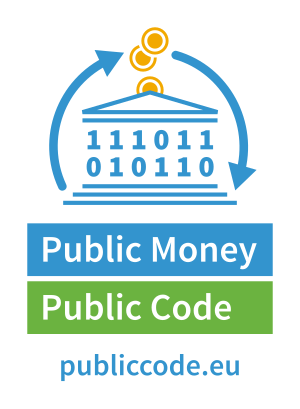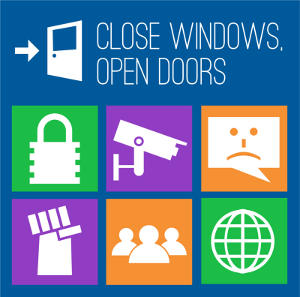Listen to this article:
Iran is a country with a rich cultural heritage and a renowned intellectual legacy. However, the government’s strict censorship policies have restricted access to information and hindered progress, particularly on the internet.
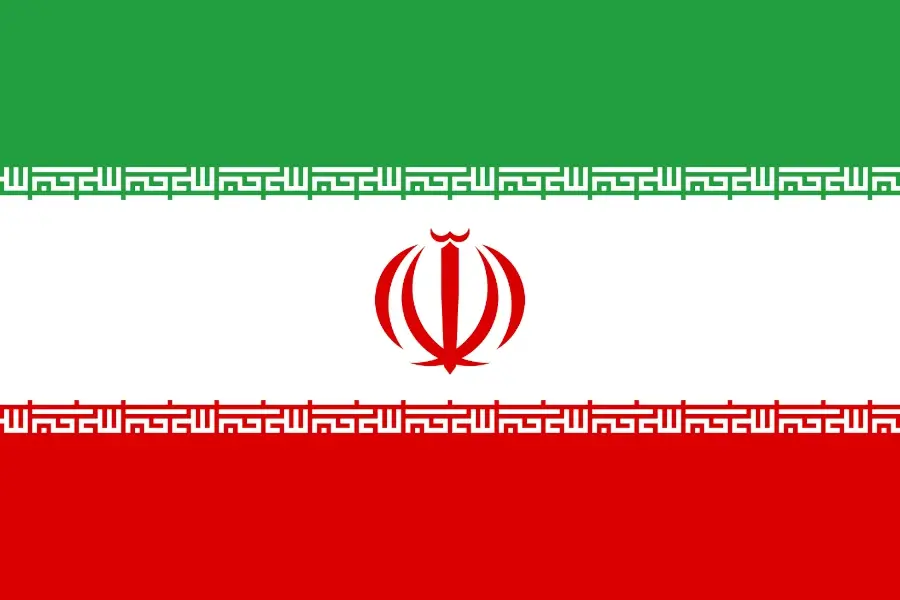
The consequences of filtering on Iranian society
One of the key methods through which Iran controls the internet is through a process known as “filtering.” The government keeps a list of prohibited websites, which includes social media platforms like Facebook, Twitter, and Instagram, as well as news websites and political blogs.
ISPs are mandated to restrict access to certain websites, rendering them unavailable to Iranian customers. This filtering has major ramifications for Iranian individuals, since it restricts their access to critical information and resources.
A distinct network for monitoring internet activities is the national information network.
The Iranian government monitors internet activity in addition to censoring it using a system known as the “National Information Network” (NIN). The NIN is a network distinct from the global internet that is totally controlled by the government. It enables the government to track and monitor online activity within Iran, giving them more control over what information Iranian citizens have access to.
Iranians’ struggles with censorship
Internet censorship has terrible repercussions for the people of Iran. It significantly hinders the reporting and dissemination of information on the Iranian government’s violations of human rights. The regime’s tight internet censorship limits access to alternative news sources and makes it challenging for journalists to cover sensitive topics without coming under pressure.
The limitations of online learning and commerce
The livelihoods of people and enterprises can also be greatly impacted by internet censorship in Iran. For instance, banned websites and censored online communication may present substantial challenges for entrepreneurs and small company owners that rely on online channels to market and sell their products.
Their ability to reach a wider audience may be hindered, restricting their prospects for growth and success, if they are unable to access foreign social media platforms and e-commerce websites. Similar to this, job searchers may be at a disadvantage if they are unable to connect with potential employers on social media or use online job sites. The negative impacts of internet filtering on the Iranian economy and the general well-being of its people are highlighted by all these aspects.
The need for a more open and free internet
Human rights groups and foreign organizations have been protesting the Iranian government’s internet filtering practices more and more in recent years. Despite this criticism, the censorship is still in place, limiting the access of many Iranians to essential data and resources.
It is crucial that the world community continues to voice its opposition to censorship and work to establish a free and open internet. These initiatives are essential for encouraging development and making sure that knowledge and resources are accessible to everyone, helping people and communities around the world to succeed.
No Tracking. No Paywall. No cookie consent banner!
If you find my blog helpful, you can help support my work by sharing my posts, following me on X/Twitter, or buying me a coffee. You can also become a supporter on LiberaPay. Your support is greatly appreciated and it motivates me to continue creating content that benefits others. Thank you for being a part of my community and contributing to my mission.
